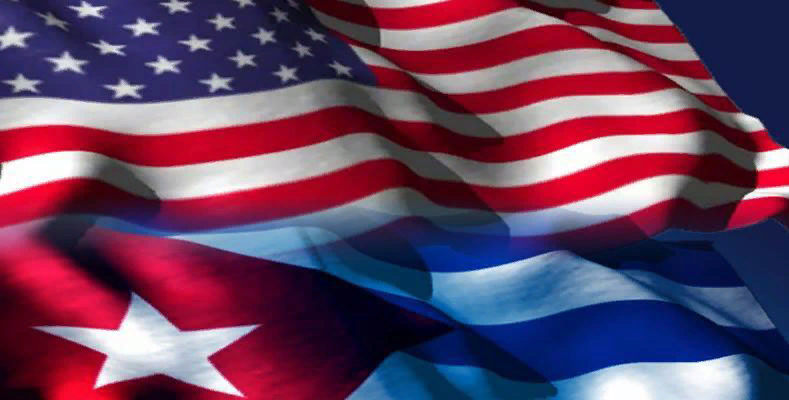Authorities from the Cuban Academy of Sciences (ACC) and the American Association for the Advancement of Science (AAAS) from the United States seek greater cooperation in various fields of common interest.
The Cuban organization informed this Thursday in its website about the workshop “The future of scientific cooperation between the United States and Cuba”, held in Havana on March 20 and 21, and sponsored by both parties.
The event’s objectives were to discuss key issues in which the scientific communities of these nations can get involved and establish future collaborations.
At the meeting, health-related issues were analyzed, mainly communicable and non-communicable diseases, neurodegenerative diseases, dengue fever and cancer, as well as demographic dynamics.
Regarding the protection of the environment, the dialogue focused on actions in marine protected areas, a session that was attended by the Cuban Minister of Science, Technology and Environment, Elba Rosa Pérez.
The experts also analyzed possible collaborations in the basic sciences.
The US delegation, headed by the executive director, Sudip Parikh, and the president of the AAAS, Gilda Barabino, was made up of representatives of federal agencies linked to scientific research in the northern country and of non-governmental organizations based in that territory.
The ACC highlighted that the visiting delegation was honored by the attendance of the 2003 Nobel Prize in Chemistry, Peter Agre.
On the Cuban side, the doctor of Sciences Luis Velázquez, president of the ACC, and members of its board of directors, academics and experts participated.
As reported, the work sessions took place in a professional environment, with the presentation of high-level scientific papers and exchanges of criteria and proposals that open up new spaces for cooperation between both countries. The program for the visit of the AAAS representation to Cuba included tours of places of scientific interest.


